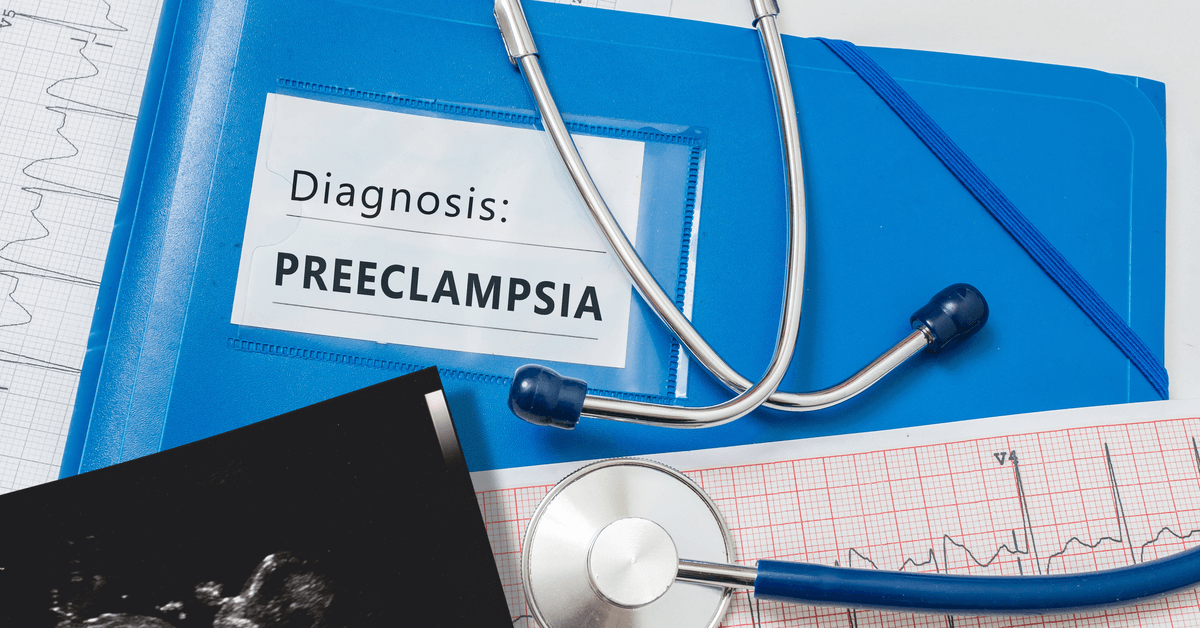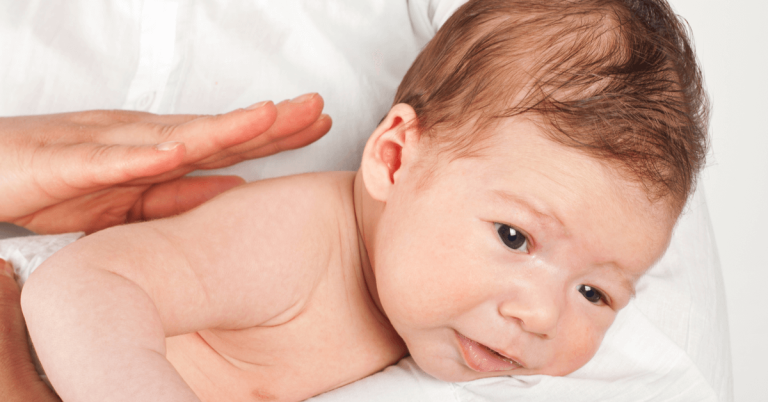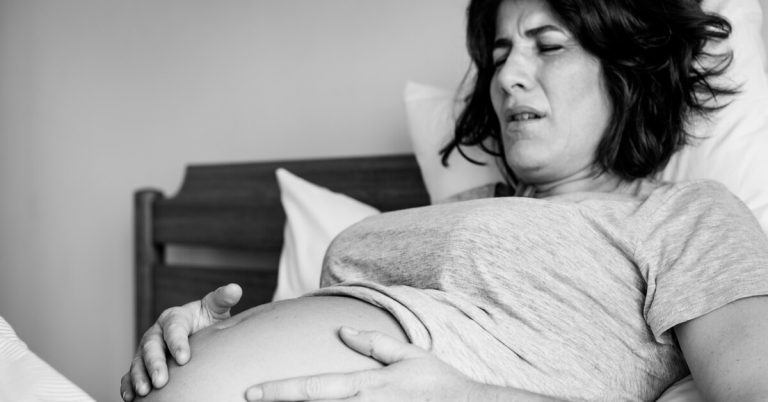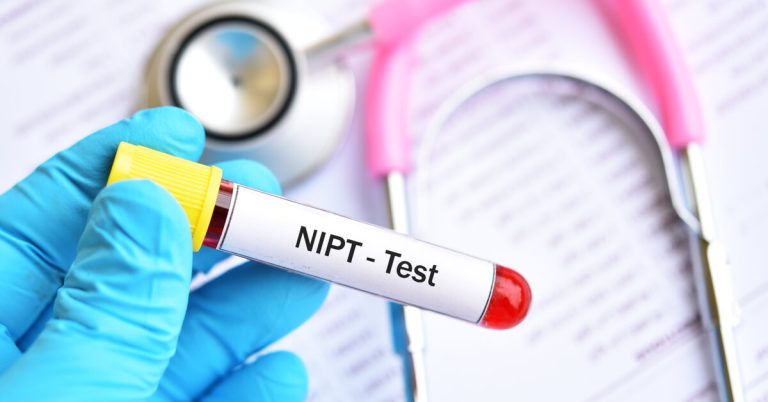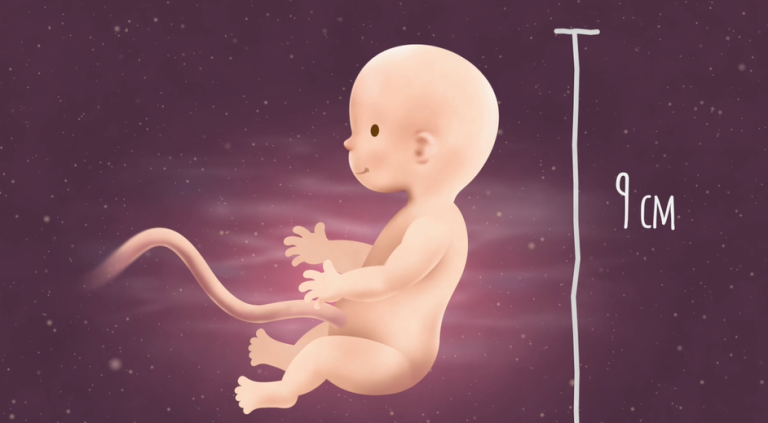Pregnancy is the time that a baby spends in the womb to grow and develop until they are born, and the experience of pregnancy differs from woman to woman. While this period is very fast, comfortable and trouble-free for some expectant mothers, it can be long and some health problems for others.
You may experience some problems due to environmental or genetic factors and hormonal changes. High blood pressure, diabetes, urinary system diseases and various infections are the leading problems you may encounter. Preeclampsia is also a disease in this list, and it can pose a life-threatening risk to the health of both the mother and the baby. In this article, we are going to talk about what is preeclampsia and what causes it.
What Is Preeclampsia?
This disease, known as “poisoning in pregnancy” among the people, but has nothing to do with normal poisoning, is referred to as “preeclampsia” in the medical language. After the 20th week of pregnancy, the excessive narrowing of the capillaries in the uterus or the deterioration in the structure of the vessels causes the baby to be in the uterine bed. As a result of insufficient blood and nutrients being transmitted to the baby, a coagulation problem occurs, and premature separation of the placenta occurs.
The most distinctive features of preeclampsia are the increase in blood pressure of the pregnant woman and the increase in the amount of protein in the urine.
Types of Preeclampsia
Mild Preeclampsia
In mild preeclampsia, the mother’s blood pressure is 140/90 mmHg and above. The daily amount of protein in the urine is 300 milligrams or more. If the disease is diagnosed as mild, blood pressure is tried to be controlled with some drugs and kept under control. Most of pregnant women with mild preeclampsia can complete their pregnancy by having a healthy birth.
Severe Preeclampsia
In severe preeclampsia, the mother’s blood pressure is measured above 160/110 mmHg. The amount of protein in the urine is 2 grams or more per day. Apart from these symptoms, different severe symptoms may also occur. Conditions such as loss of consciousness and epileptic seizures may occur. The probability of experiencing this type of poisoning is quite rare. However, in case of occurrence, urgent intervention is required to prevent the mother and baby’s life from being endangered. 75% of preeclampsia that occurs during pregnancy is mild, and 25% is severe.
What Are the Symptoms of Preeclampsia?
Pregnancy poisoning may not be detectable because there are no apparent symptoms of this disease. Many of the symptoms it shows are like pregnancy, and it can be difficult to tell the differences. It is possible that the disease can be diagnosed during a routine check-up without showing any symptoms.
In the light of all this information, pregnancy poisoning symptoms show themselves with some differences.
- Hypertension
- Less urination
- A high amount of protein in the urine
- Prolonged and severe headache
- Stomach-ache
- Sudden visual disturbances
- Decrease and slowdown in baby’s movements
- Loss of consciousness
- Epileptic seizures
- Oedema in the body
Oedema is a common problem that can be experienced in the last stages of pregnancy. However, in preeclampsia, the fluid in the veins goes out and starts to accumulate in the body. Therefore, swelling is seen especially in the hands, feet and face. Excessive water retention in the area between the ankle and knee, finger pressure on the skin when finger pressure is applied to the skin. Scarring and not returning to its original state immediately may indicate preeclampsia.
The expectant mother may experience one or more of these symptoms or have the disease without any complaints. For this reason, importance should be given to normal controls, and blood pressure should be measured regularly.
Loss of consciousness or seizure is a sign that pregnancy poisoning has progressed, and it is necessary to go to a health institution without wasting time.

What Causes Preeclampsia?
Experts could not obtain precise information about why preeclampsia occurs. However, problems in the placenta and the vessels feeding it are the main reasons for developing this disease. As the pregnancy progresses and the baby begins to grow, the amount of blood and nutrients the placenta needs increases.
Depending on this requirement, the vessels feeding the placenta begin to expand. However, when pregnancy poisoning occurs, it is impossible to provide the necessary blood and nutrients for the placenta since the structure of these vessels is deteriorated and is narrowed. While the baby’s development in the mother’s womb is negatively affected by this situation, various complications occur in the expectant mother.
The causes of pregnancy poisoning can be the following:
- Narrowing in the vessels feeding the placenta
- Deterioration and damage to the structure of blood vessels
- Diseases originating from the mother’s immune system (thyroid diseases, autoimmune diseases)
Who Are at Risk Group?
Pregnancy poisoning is a condition that occurs in approximately 6-8% of all pregnant women. However, certain groups are at greater risk for preeclampsia.
- Those who had hypertension (high blood pressure) before pregnancy
- Those with gestational diabetes
- Those with overweight problems (obese)
- Those with diabetes
- Those who are pregnant before the age of 20 (early pregnancies)
- Those who are pregnant after the age of 40 (late pregnancies)
- Those who have had their first pregnancy
- Those who have given birth four times or more
- Those who have multiple pregnancies (twins, triplets, etc.)
- Those with chronic kidney disease
- Those who had preeclampsia in their previous pregnancy
- Those who have had preeclampsia in their family
- Those with blood clotting problems
- Those with a lupus-like autoimmune disease
How Is Preeclampsia Treated?
Expectant mothers who have been diagnosed with pregnancy poisoning may experience curiosity and anxiety about the treatment of the disease. There is no clear cure for preeclampsia, and different methods can be applied depending on the type of disease.
In mild preeclampsia, high blood pressure is tried to be controlled by giving blood pressure-lowering drugs to the mother. Mother and baby are examined regularly. If there is no severe development that will adversely affect the baby’s development, the pregnancy is continued. In the meantime, some supplements such as magnesium can be given to the mother.
In severe preeclampsia, serious conditions can occur that can result in the death of the mother or the baby. When the baby stops feeding through the placenta, blood and oxygen transport stops, leading to sudden infant death.
Coagulation problems may occur in the mother due to damage to the platelets, and this may cause the mother to die. To avoid such events, the treatment that should be done when severe preeclampsia symptoms are seen is to ensure that the baby is born. If the baby can live outside the womb, delivery is performed without losing time, and the symptoms are eliminated.
Does Preeclampsia Recur?
The expectant mother should lose weight so that the poisoning does not recur. Twin pregnancies and weight gain in the first weeks of pregnancy are also effective in recurrence. A balanced and adequate diet, avoiding stress as much as possible, a healthy sleep pattern and weight gain within normal limits are essential in preventing pregnancy poisoning. Pregnant women who have experienced poisoning in their previous pregnancy should have blood pressure monitoring and blood tests done regularly.
Would you like to share your experiences and questions as a comment?
Have a nice and healthy day!


